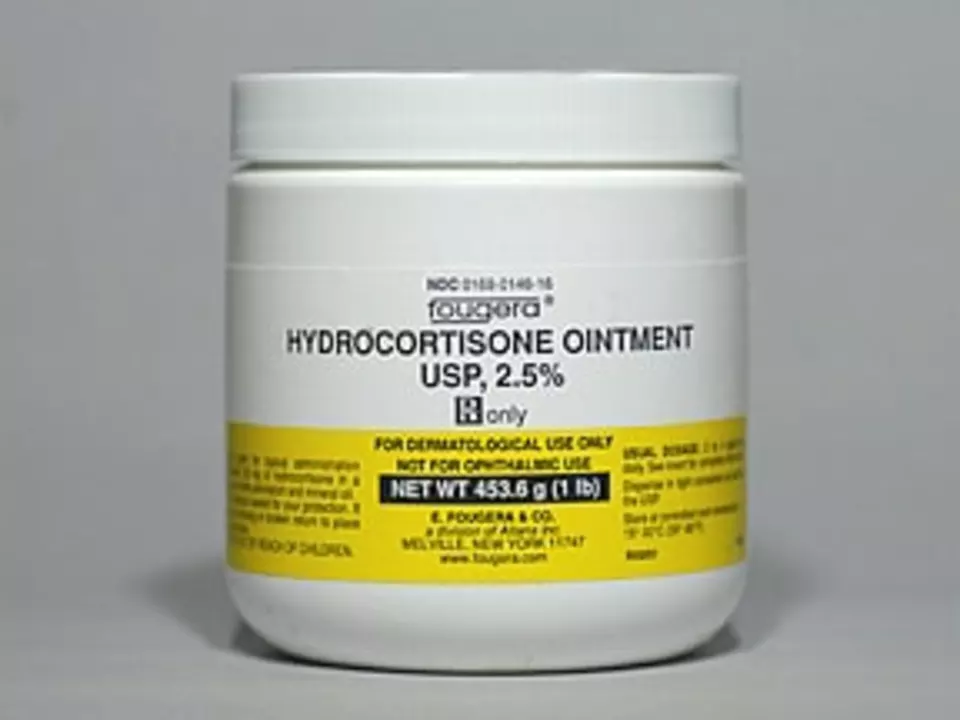Pet Health: Practical Tips for Keeping Your Pet Well
You want your pet healthy and comfortable. This page gives clear, useful tips you can use today — from spotting problems to handling common treatments like hydrocortisone safely.
Everyday care and what to watch for
Start with basics: clean water, balanced food, regular exercise, and consistent grooming. Watch your pet’s appetite, bathroom habits, energy, and coat. Changes can be subtle. A normally active dog that suddenly sleeps more, or a cat that hides and won’t eat, needs attention. Skin issues — redness, bumps, constant scratching — are common and often the first sign something’s wrong.
Check ears and teeth regularly. Bad breath, swollen gums, or ear odor can point to infections. Fleas, ticks, and worms are preventable. Use vet-recommended preventives on schedule; missed doses often cause outbreaks.
When to call the vet
If your pet has trouble breathing, is vomiting repeatedly, collapses, or shows sudden severe pain, call your vet or an emergency clinic right away. For non-emergencies, like mild itchiness or a small limp, call and describe symptoms — your vet can often advise whether a clinic visit is needed.
Keep a record of vaccinations, medications, and behavior changes. That makes phone triage faster and more accurate. If you travel with your pet, carry a simple file with recent vaccine dates and any chronic conditions listed.
Medications help, but they have risks. Never share human meds with pets unless a vet says it’s OK. Some treatments that work for people are toxic to animals.
Hydrocortisone is one drug you’ll hear about for skin problems. It reduces itching and inflammation, but it’s not a cure-all. Use only products made for pets or a vet-prescribed topical or oral form. Wrong dose or long-term use can cause side effects like increased thirst, weight gain, or infections. If a product contains other active ingredients, check with your vet before applying.
For mild localized itching, an over-the-counter pet hydrocortisone cream might help for a day or two, but stop if the area gets worse or if the pet licks the medicine a lot. For fleas or suspected allergies, treating the underlying cause and getting a vet exam usually works better than repeated steroid use.
Safe medication tips: follow dosing exactly, store meds out of reach, and never use someone else’s prescription. If you accidentally give too much, call your vet immediately or contact a pet poison helpline.
Routine care prevents many problems. Schedule yearly checkups, dental cleanings as advised, and keep weight in a healthy range. Small steps now mean fewer emergencies later.
If you want quick reads, our articles cover specific topics like hydrocortisone for pets, flea control, and emergency signs. Bookmark this page and check back — we update posts with new tips and clear advice you can trust.

Hydrocortisone for Pets: What You Need to Know
May 9, 2023, Posted by Mike Clayton
As a pet owner, I recently discovered the importance of understanding hydrocortisone for pets. Hydrocortisone is a steroid medication that can help reduce inflammation and itching in our furry friends. It's essential to know that this medication should only be used under the guidance of a veterinarian, as improper usage could lead to serious side effects. Additionally, hydrocortisone may not be suitable for all pets, especially those with pre-existing health conditions. Overall, it's crucial to consult with a vet before using hydrocortisone to ensure our pets' safety and well-being.
MORESEARCH HERE
Categories
TAGS
- treatment
- online pharmacy
- dietary supplement
- side effects
- generic drugs
- medication adherence
- medication safety
- health
- dietary supplements
- health benefits
- online pharmacy Australia
- generic substitution
- adverse drug reactions
- thyroid disorders
- gabapentin
- treatment option
- calcipotriol
- blood pressure
- erectile dysfunction
- closer look
